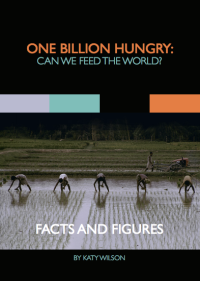This week’s summary on the news stories, reports and blogs that have grabbed our attention. We welcome your thoughts and comments on these articles.
UN official stresses link between healthy soils, sustainable development as Global Soil Week starts, UN
US Announces Plans to Reduce Agricultural Carbon Emissions, The New York Times
Guest Commentary – Agriculture: The Common Thread Connecting the Sustainable Development Goals, Global Food for Thought
Lifting the lid on the household: A new way to measure individual deprivation, From Poverty to Power
New crop insurance math, new challenges for farmers, Politico
UN urged to demand free access to crop data, SciDev.Net
Fostering Economic Resilience, Greenpeace
Meeting the Global Food Demand of the Future by Engineering Crop Photosynthesis and Yield Potential, Long et al, 2015, Cell
Universities join efforts to combat climate change in East Africa, Daily Monitor
This Earth Day, think agriculture, Plantwise
The genome of cultivated sweet potato contains Agrobacterium T-DNAs with expressed genes: An example of a naturally transgenic food crop, Kyndt et al, 2015, PNAS [Read more…]









